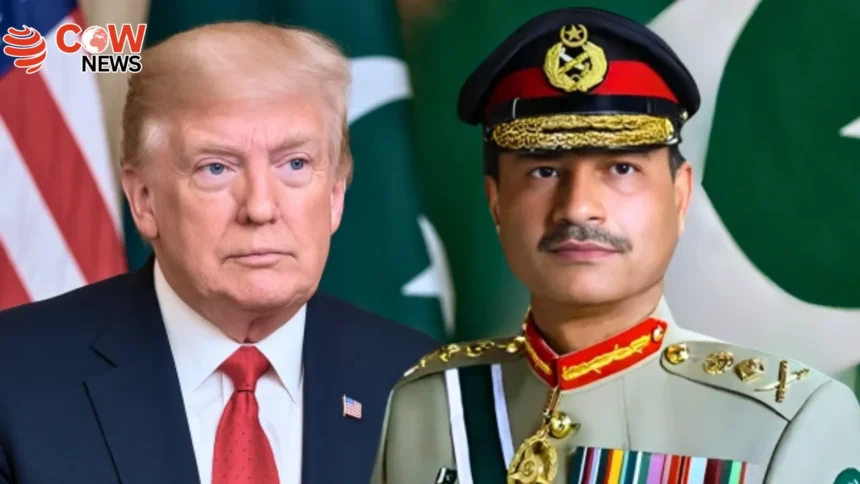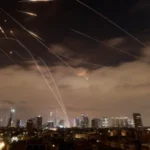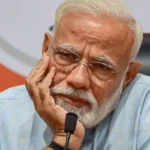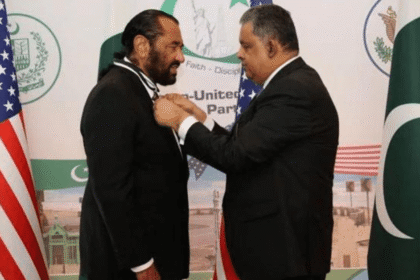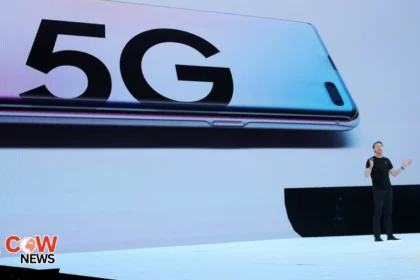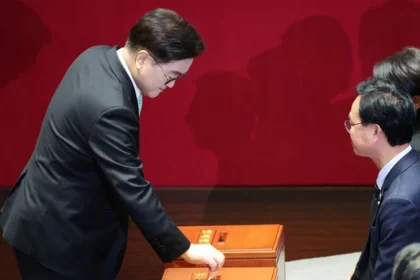Washington D.C.(TheCOWNews Digital)In a significant diplomatic development, U.S. President Donald Trump is set to host a formal luncheon in honor of Pakistan’s Field Marshal General Asim Munir at the White House today. The luncheon will take place at 1:00 PM local time in the Cabinet Room, highlighting a new chapter in U.S.-Pakistan relations.
The high-level meeting, though marked as a “closed press” event by the White House, is expected to feature substantial discussions on bilateral cooperation, regional security, and most notably, the escalating Iran-Israel conflict. Sources familiar with the itinerary confirm that a joint media briefing is anticipated following the luncheon.
White House Press Secretary confirmed the attendance of several top-ranking U.S. officials, including Vice President J.D. Vance and Secretary of Defense Tom Henker. Separate meetings between Field Marshal Munir and both the U.S. Secretary of State and Secretary of Defense are also on the agenda, signaling Washington’s renewed strategic interest in Islamabad’s regional role.
Analysts view the invitation extended to General Munir as a powerful gesture of goodwill from Washington, underscoring the importance of Pakistan in South Asian geopolitics and counterterrorism initiatives. The presence of military and political leaders at such a forum reinforces the evolving nature of the U.S.-Pakistan relationship, which has historically swung between cooperation and tension.
This state luncheon and diplomatic engagement come at a crucial time. The Middle East is on edge, with Iran and Israel exchanging missile strikes in a rapidly intensifying conflict. Pakistan, as a nuclear-armed Muslim-majority nation and a long-time regional influencer, finds itself in a position where its voice and strategy could hold weight in de-escalating regional tensions.
Foreign policy experts note that the optics of this visit are equally important. Field Marshal Munir’s presence in Washington is seen as a statement of Pakistan’s global outreach and relevance. It also sends a clear signal to adversaries and allies alike that Islamabad is not isolated but actively participating in key international dialogues.
While the White House has yet to release official talking points from the luncheon, insiders suggest that the conversation will also touch on economic cooperation, military collaboration, and Afghanistan’s evolving security landscape. With the U.S. recalibrating its approach to South and Central Asia, Pakistan’s role remains critical in any future strategic alignment.
Pakistan’s diplomatic circles are treating this visit as a win for the country’s foreign policy agenda, especially in countering narratives of isolation. Observers say it could pave the way for a more stable and transparent bilateral relationship that goes beyond transactional cooperation.
The global community will be closely watching the outcomes of today’s meeting, particularly any joint declarations or policy shifts that emerge in the coming days.

